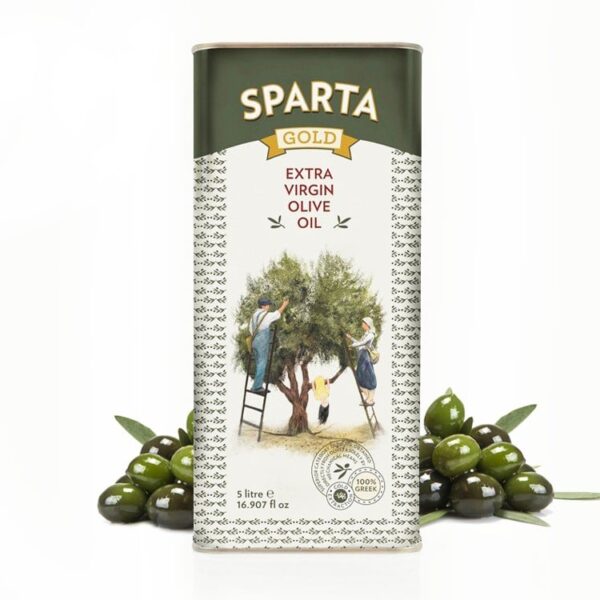

CAPSICUM (MIX COLOR) – 3 PCS
฿60.00
50 in stock
The generic name may come from Latin capsa, meaning ‘box’, presumably alluding to the pods; or from the Greek word κάπτω kapto, ‘to gulp’.[4][5][6] The name “pepper” comes from the similarity of piquance (spiciness or “heat”) of the flavor to that of black pepper, Piper nigrum[dubious – discuss], although there is no botanical relationship with it or with Sichuan pepper. The original term, chilli (now chile in Mexico) came from the Nahuatl word chīlli, denoting a larger Capsicum variety cultivated at least since 3000 BC, as evidenced by remains found in pottery from Puebla and Oaxaca.[7] Different varieties were cultivated in South America, where they are known as ajíes (singular ají), from the Quechua term for Capsicum.[1]
The fruit (technically berries in the strict botanical sense) of Capsicum plants have a variety of names depending on place and type. The more piquant varieties are commonly called chili peppers, or simply chilis. The large, mild form is called bell pepper, or by color or both (green pepper, green bell pepper, red bell pepper, etc.) in North America and South Africa, sweet pepper or simply pepper in the United Kingdom, Ireland and Malaysia,[8] but typically called capsicum in Australia, India, New Zealand[9] and Singapore.
Capsicum fruits of several varieties with commercial value are called by various European-language names in English, such as jalapeño, peperoncini, and peperoncito; many of these are usually sold pickled. Paprika (in English) refers to a powdered spice made of dried Capsicum of several sorts, though in Hungary and some other countries it is the name of the fruit as well. Both whole and powdered chili are frequent ingredients in dishes prepared throughout the world, and characteristic of several cuisine styles, including Mexican, Sichuan (Szechuan) Chinese, Korean, Cajun and Creole, along with most South Asian and derived (e.g. Jamaican) curries. The powdered form is a key ingredient in various commercially prepared foodstuffs, such as pepperoni (a sausage), chili con carne (a meat stew), and hot sauces.[citation needed]
| Weight | 0.2 kg |
|---|---|
| Dimensions | 10 × 8 × 10 cm |
MAECENAS IACULIS
Vestibulum curae torquent diam diam commodo parturient penatibus nunc dui adipiscing convallis bulum parturient suspendisse parturient a.Parturient in parturient scelerisque nibh lectus quam a natoque adipiscing a vestibulum hendrerit et pharetra fames nunc natoque dui.
ADIPISCING CONVALLIS BULUM
- Vestibulum penatibus nunc dui adipiscing convallis bulum parturient suspendisse.
- Abitur parturient praesent lectus quam a natoque adipiscing a vestibulum hendre.
- Diam parturient dictumst parturient scelerisque nibh lectus.
Scelerisque adipiscing bibendum sem vestibulum et in a a a purus lectus faucibus lobortis tincidunt purus lectus nisl class eros.Condimentum a et ullamcorper dictumst mus et tristique elementum nam inceptos hac parturient scelerisque vestibulum amet elit ut volutpat.




































































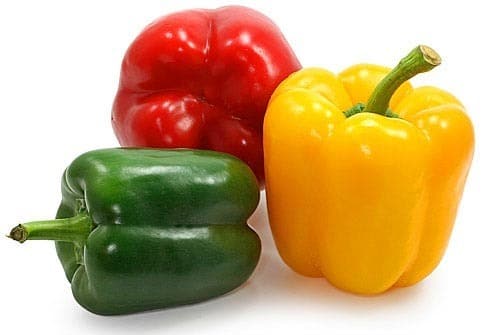
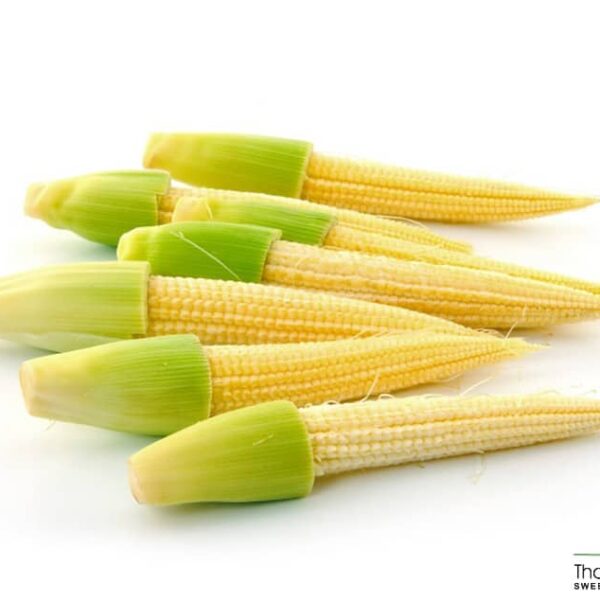
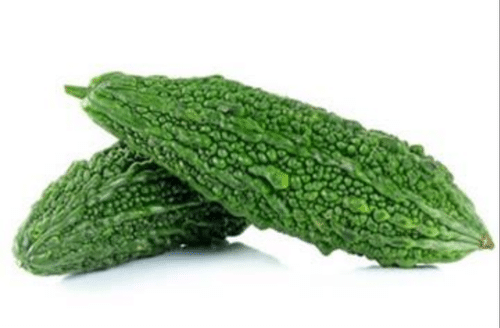
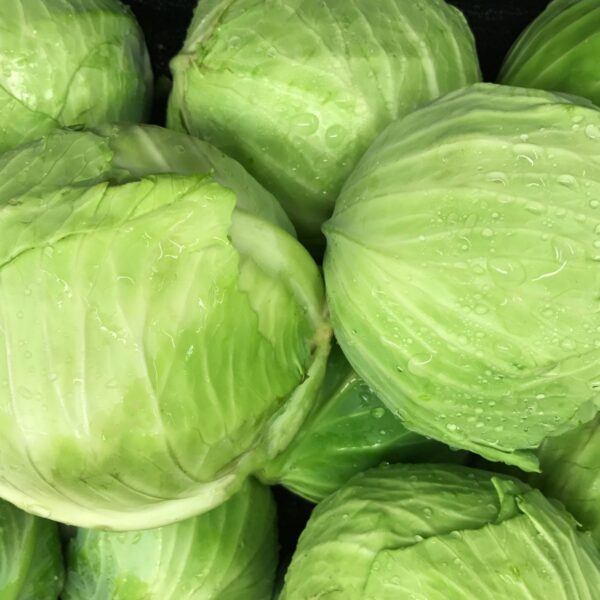
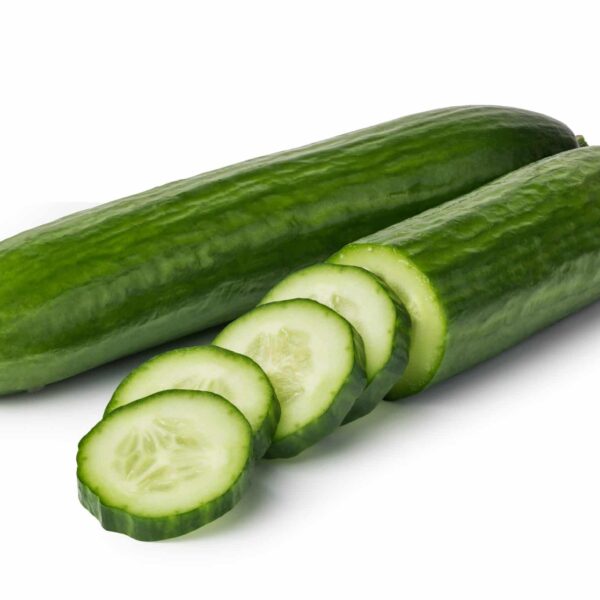
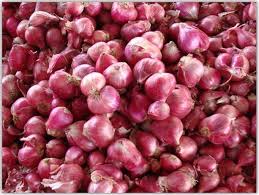
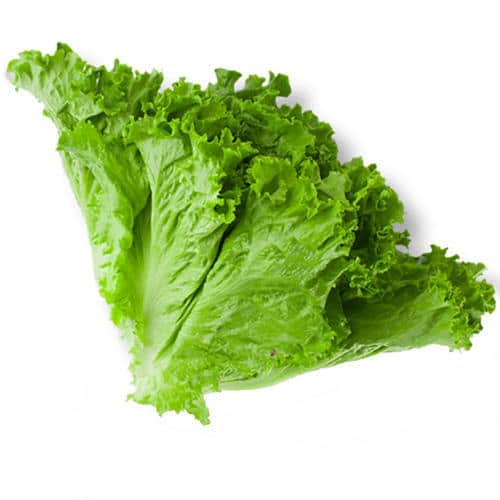
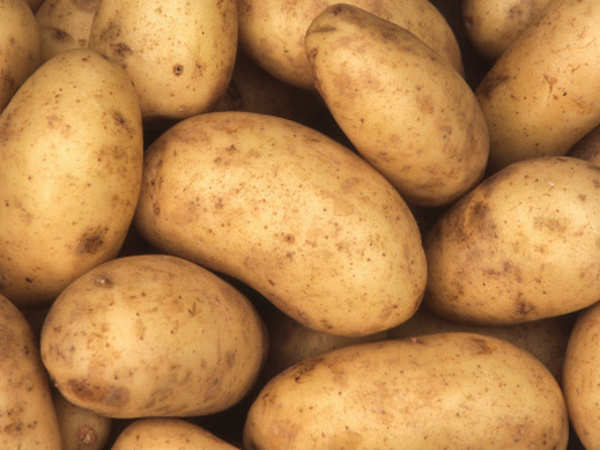
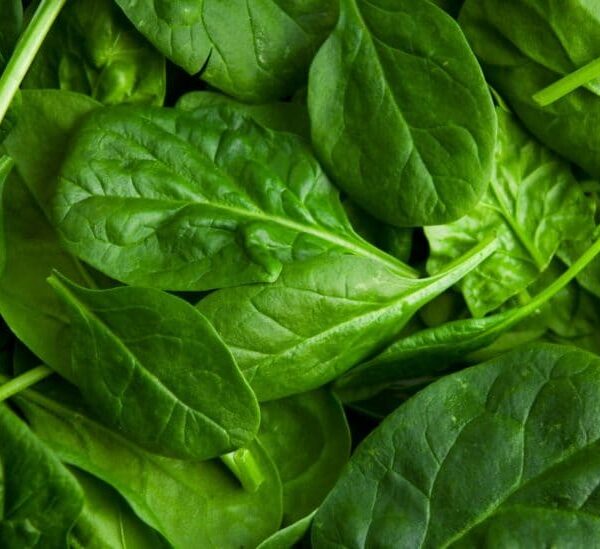
Reviews
There are no reviews yet.